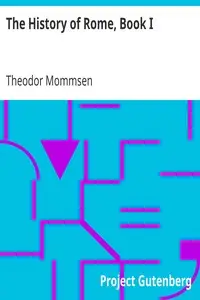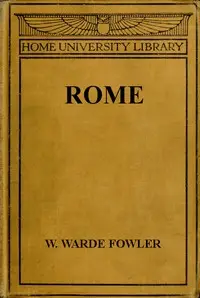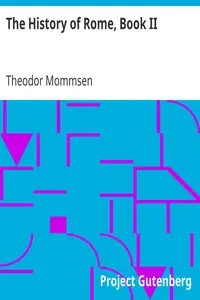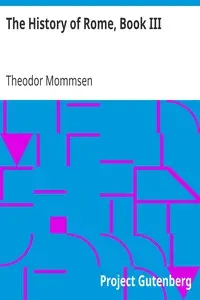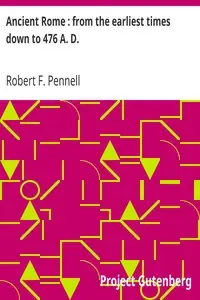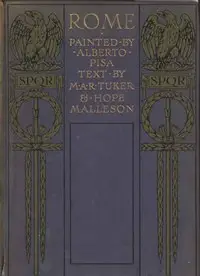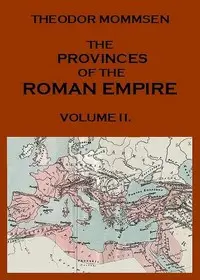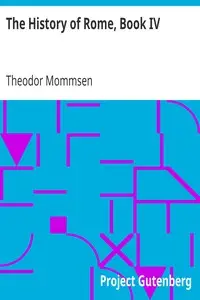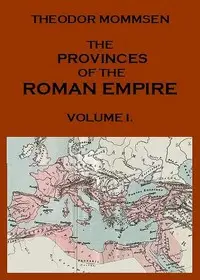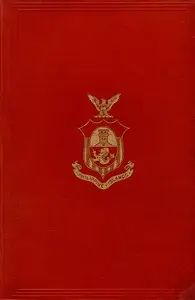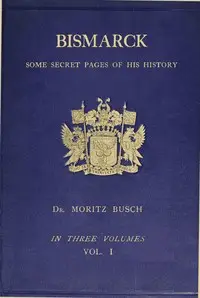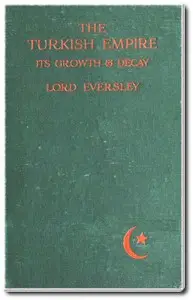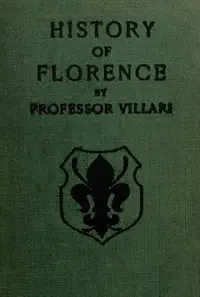"The History of Rome (Volumes 1-5)" by Theodor Mommsen is a detailed story of Rome's journey, from its early beginnings to becoming a major power. It looks at how Rome grew, its government, wars, and the impact it had on culture, starting with its base and moving through its control of the Mediterranean. The story starts by setting up ancient Italy's land and culture, explaining important times in the Mediterranean world, and showing how Italy grew differently. Mommsen talks about the first people moving to Italy, the start of groups like the Latins, and how the land itself shaped the country's path in history. He also points out that the book isn't just about what happened in politics, but a search into what it meant to be Italian, putting Rome in the big picture of ancient Mediterranean civilizations.
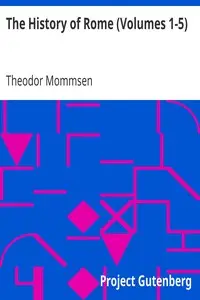
The History of Rome (Volumes 1-5)
By Theodor Mommsen
Witness the captivating ascent and eventual decline of an ancient civilization told through its political struggles, military triumphs, and cultural footprint.
Summary
About the AuthorChristian Matthias Theodor Mommsen was a German classical scholar, historian, jurist, journalist, politician and archaeologist. He is widely regarded as one of the greatest classicists of the 19th century. He received the 1902 Nobel Prize in Literature for his historical writings, including The History of Rome, after having been nominated by 18 members of the Prussian Academy of Sciences. He was also a prominent German politician, as a member of the Prussian and German parliaments. His works on Roman law and on the law of obligations had a significant impact on the German civil code.
Christian Matthias Theodor Mommsen was a German classical scholar, historian, jurist, journalist, politician and archaeologist. He is widely regarded as one of the greatest classicists of the 19th century. He received the 1902 Nobel Prize in Literature for his historical writings, including The History of Rome, after having been nominated by 18 members of the Prussian Academy of Sciences. He was also a prominent German politician, as a member of the Prussian and German parliaments. His works on Roman law and on the law of obligations had a significant impact on the German civil code.


